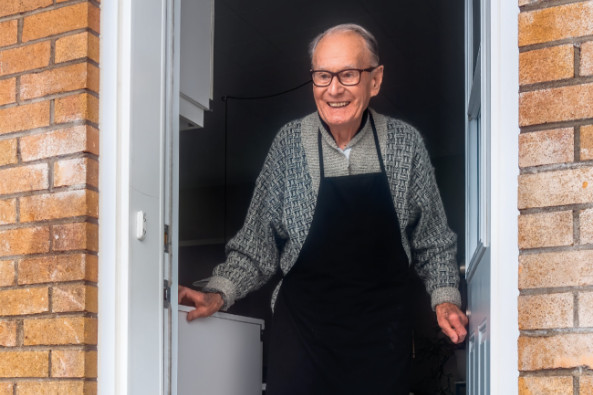Conclusions
We draw eight key conclusions from this report.
1
People feel safe and heard by Future Pathways, and they trust us.
The number of registrations we have received, and the growing number of ‘word of mouth’ referrals, suggest this. Nonetheless, we could do more to reach those who face additional barriers, such as people with learning disabilities or sensory impairment, or those who are affected by homelessness. We are also not sure that our current approach reaches younger people.


2
There is strong support for a person-centred model that responds to individual circumstances.
Future Pathways’ approach is effective: there is good evidence that working in collaboration to set priorities and identify the right support helps people improve their lives.
3
People registered with Future Pathways are living in a wide variety of circumstances.
Some are living with poor physical and mental health, which can be compounded by other problems such as inappropriate housing, poverty, or use of substances. Many lack coping strategies, confidence, and social networks. It is also very common for people to have difficulty in accessing services.


4
People highly value the relational approach that our Support Coordinators take.
Building trust takes time. So does exploring andnegotiating the right supports, yet it is almost always possible to make progress.
5
People have significantly improved their lives with contributions from Future Pathways.
Future Pathways has provided support to 80% of the 1,289 people registered with us. There is evidence of positive change.
However, barriers remain. At times, there is pressure for Future Pathways to assume responsibility that other services may be better placed to take on. Many survivors do not trust statutory services, and so prefer direct support.


6
A much greater range of resources is now available.
Future Pathways draws on a network of 70 delivery partners. Individual contracting has maximised flexibility, which is important.
7
We are confident that people feel able to tell us what would make the most difference in their life, and ask for the help that they really need.
We are also confident that our partners view us as trustworthy, and value their relationship with us. However, we recognise there are still some limitations. Not everyone experiences as much control over their support as they want. Some of our partners are working around problems such as shortage of skilled staff, which can affect the service they provide. Our Support Coordinators say that it can be difficult to help people to get the right support quickly. This has been particularly true of psychological services and support work.


8
Looking ahead
We have learned a lot about how to connect people with the services they need, and there is still much more to learn. In the future, we will do more to highlight how people experience support, and work with delivery partners to reduce barriers. We will also share our experience so that others can benefit from our learning.
